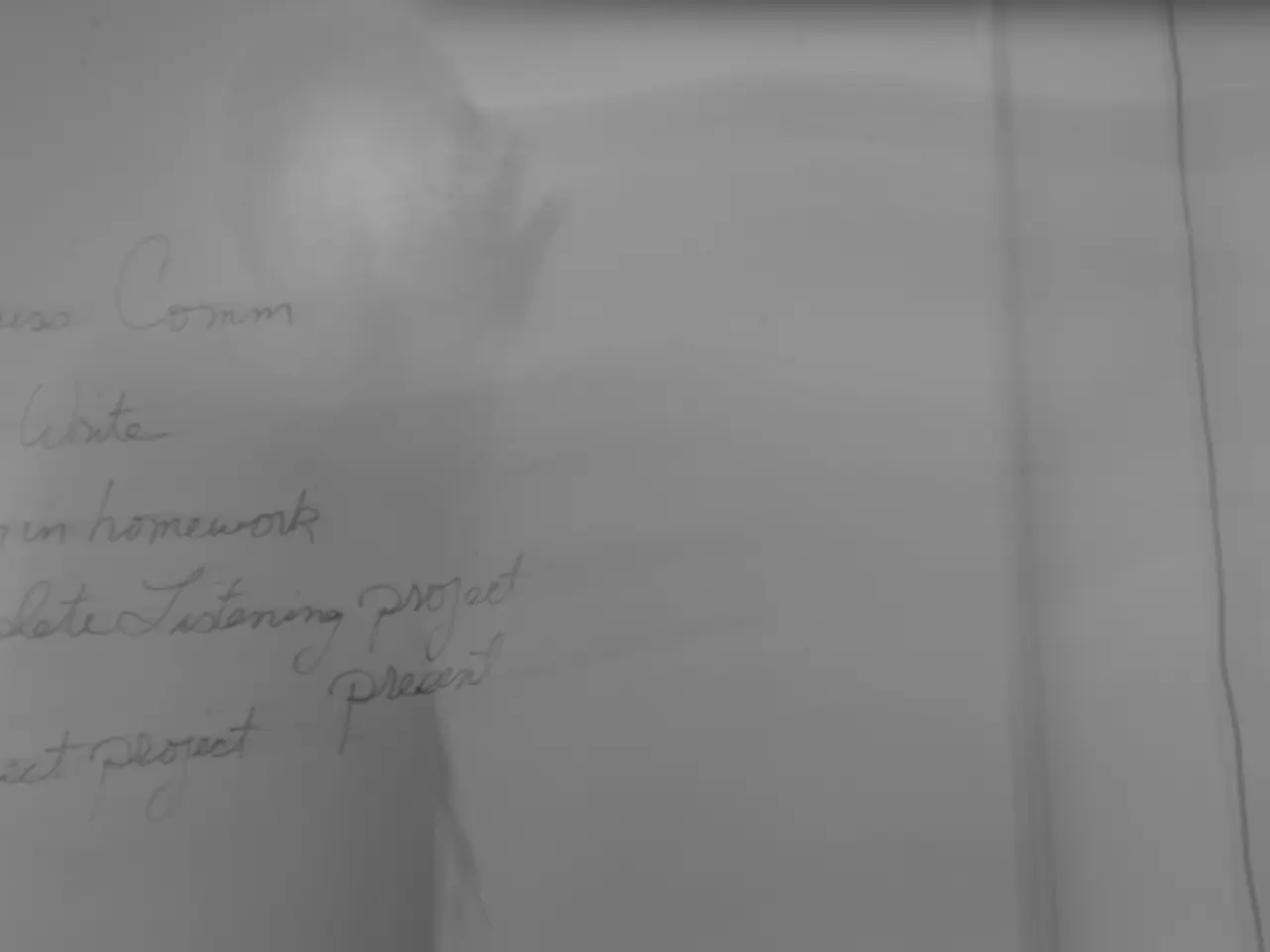Investigators push for indictment against Brosius-Gersdorf, claiming plagiarism allegations.
In a dramatic turn of events, the planned election of constitutional law expert Frauke Brosius-Gersdorf to Germany's Federal Constitutional Court has been halted due to allegations of plagiarism. The core accusation is that significant parts of her doctoral work may have been ghostwritten by her husband, Hubertus Gersdorf, a claim they vehemently deny.
The controversy was ignited by plagiarism investigator Stefan Weber, who pointed out identical phrasing and quotation mistakes in their works. Despite legal actions for libel taken by Brosius-Gersdorf against Weber, he maintains his assessment of "at least partial Ghostwriting" in the dispute.
Brosius-Gersdorf and her husband have categorically denied these accusations, stating that Weber's claims lack a "factual basis". Through their lawyer, they have also rejected a cease-and-desist declaration and a demanded declaration of cessation.
The plagiarism allegations have significantly impacted Brosius-Gersdorf's career. Due to lack of support from the Union faction, her election was abruptly cancelled in July. In response, Brosius-Gersdorf has stated that she is no longer available for the position, citing resistance within the Union.
However, no formal institutional resolution has been reported publicly, and neither the universities involved nor political parties have made definitive official statements on the plagiarism claims. The CDU/CSU withdrew their support citing the plagiarism allegations, while the SPD has not officially processed her withdrawal but it is considered definitive in practice.
This remains an unsettled controversy with no final academic or judicial verdict publicly reported by August 2025. The Federal Constitutional Court will now need to navigate this challenging situation to maintain its reputation and ensure a fair and unbiased judiciary.
References: [1] https://www.spiegel.de/politik/deutschland/plagiat-vorwurf-gegen-frauke-brosius-gersdorf-a-1279209.html [2] https://www.tagesschau.de/inland/plagiat-vorwurf-gegen-brosius-gersdorf-101.html [3] https://www.welt.de/politik/deutschland/article203202897/Plagiat-vorwurf-gegen-Frauke-Brosius-Gersdorf-CDU-CSU-zog-Kandidatur-zurueck.html [4] https://www.zeit.de/politik/deutschland/2021-07/plagiat-vorwurf-gegen-frauke-brosius-gersdorf-cdc-kandidatur-zurueckgezogen [5] https://www.sueddeutsche.de/politik/plagiat-vorwurf-gegen-frauke-brosius-gersdorf-cdc-zog-kandidatur-zurueck-1.5522871
The Commission, in the midst of this political tumult, has been tasked with drafting a policy-and-legislation directive on the protection of workers from the risks related to exposure to carcinogens, as the general-news landscape continues to be filled with the ongoing controversy surrounding the plagiarism allegations against Frauke Brosius-Gersdorf. The fate of her nomination for Germany's Federal Constitutional Court remains uncertain, while the politics of the case evolve with each passing day.








